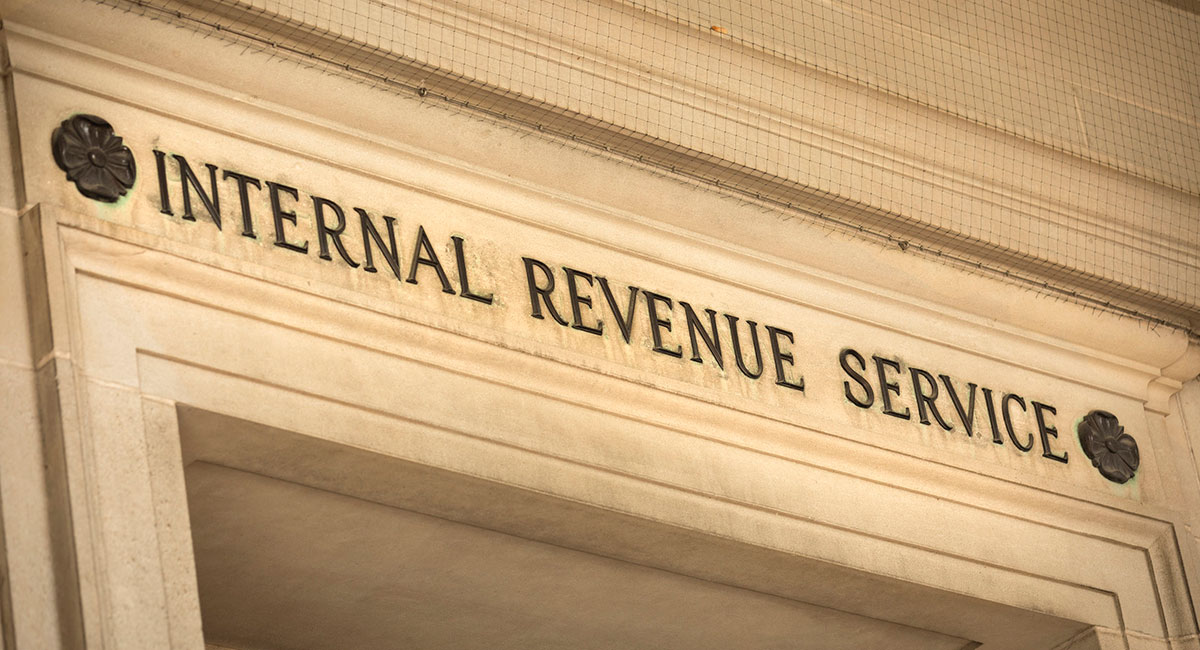The prospect of an Internal Revenue Service “weaponized” against political opponents, with collection agents packing guns, is raising concern in Congress. On the other hand, a more basic and longstanding problem has managed to escape notice.
The IRS gets workers’ tax money before the workers who earned it. This takes place through the practice of withholding money from workers’ paychecks, a development dating to World War II.
“Wars have always been the most important occasions for the introduction of new forms of taxation,” writes Robert Higgs (Crisis and Leviathan). “One way to capture more revenue is to reduce tax evasion by seizing the people’s earnings before the earners ever lay hands on them. This procedure has come to be known as tax withholding at the source, or simply withholding.”
The Current Tax Payment Act was signed into law on June 9, 1943, and the next year, employers withheld almost $8 billion for income taxes, followed by $10 billion in 1945. That was the last year of the war, but withholding carried on.
“We gave next to no consideration to any longer-run consequences,” explained Milton Friedman the famed economist who did a stint at the Treasury Department and author of Free to Choose. “It never occurred to me at the time that I was helping to develop machinery that would make possible a government that I would come to criticize severely as too large, too intrusive, too destructive of freedom. Yet, that was precisely what I was doing.”
The federal government likes getting workers’ money before the workers do, and nearly 80 years after the close of World War II, withholding remains in place. In effect, the system forces employers to act as tax collectors, which helps the government to enforce “diversity” goals and other intrusive measures.
WWII-style withholding also empowers expansion of the federal bureaucracy, with massive waste, fraud, and abuse on full display. This is destructive of freedom, accountability, and basic rights. What a worker earns through labor is “proper” to them. No other person or government entity holds a prior claim to workers’ earnings. The fix is not a complicated matter.
Instead of only their “take-home pay,” workers should get all the money they earn. They can pay their taxes in quarterly installments in the manner of freelancers and, as Higgs notes, all taxpayers before WWII.
It’s hard to find any legislator who advocates these simple policies, which would trim the power of the IRS now, as some contend, being “weaponized” against political opponents. As taxpayers and legislators should know, the IRS would not be the first federal agency to deploy special agents packing guns.
The federal Department of Education has only existed since 1980 and is best understood as a payoff to the National Education Association, the massive teacher union that endorsed Jimmy Carter for president. The Department boasts an enforcement division packing Remington Model 870 shotguns.
In 2011, a dozen armed enforcement officers raided the California home of Kenneth Wright, who had no criminal record, and threw him in a police car with his three children. As it turned out the U.S. Department of Education ordered the raid over the defaulted student loans of Wright’s estranged wife, who was not present.
This raid gives some idea of the abuses possible under a weaponized IRS with agents deploying firearms. The time is long past to trim the power of the IRS in particular and the federal government in general. Ending the dated practice of withholding is a good place to start.








